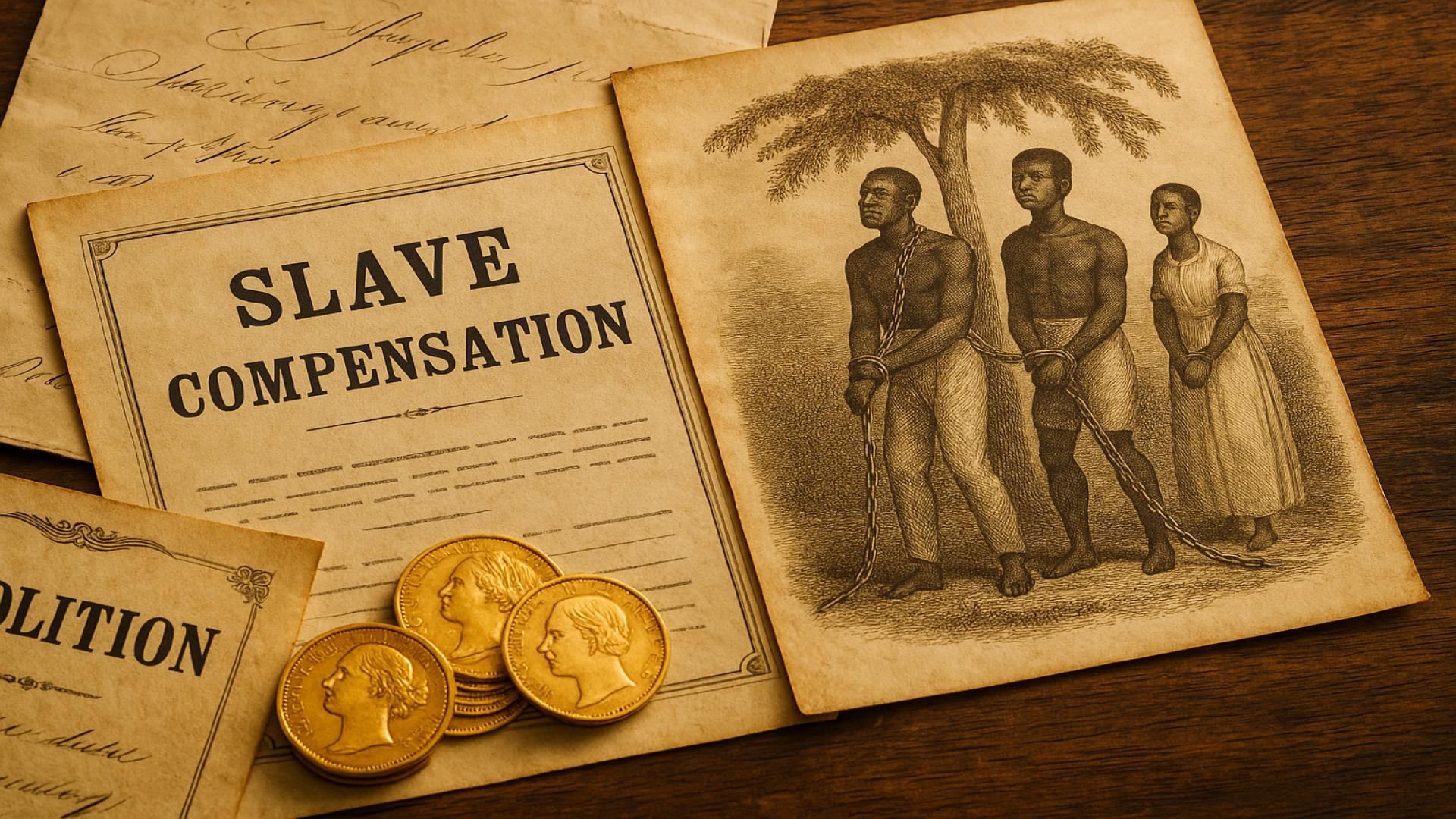1. The Abolition of Slavery: A Turning Point

The Slavery Abolition Act of 1833 signaled a seismic shift in British society, ending centuries of legal enslavement across the empire.
Suddenly, more than 800,000 people were freed. This monumental change, however, raised a contentious question: Should former slave owners be compensated for the loss of what they considered “property”? The government’s decision to address this question would set the stage for one of history’s most controversial compensation schemes.

















